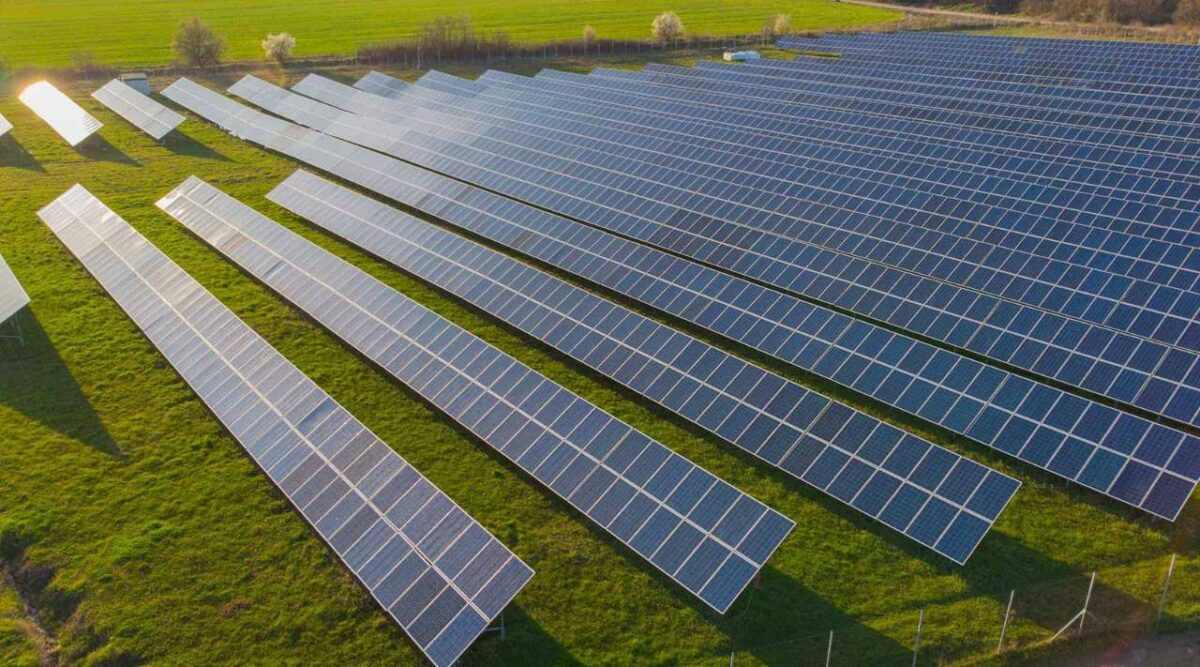The Group’s underlying performance during the period is reflected by 16% higher pre-provision profit, which is profit before setting aside money for bad debts, tax and other items.
“We are executing consistently against our strategic focus areas, as we strive to become a leading Pan-African bank. This is evident in the continued progress we have made against key targets," said Rautenbach.
“We are particularly pleased with our return on equity of 16.7% and with our cost-to-income ratio improving further to 49.8%, driven by solid revenue growth,” said Jason Quinn, Absa Group Financial Director. “We remain well capitalised to fund growth opportunities,” he said.
Absa continued to grow as a primary partner, with a focus on building its transactional business through investments across its businesses, notably in Private & Wealth, Youth propositions, Bancassurance and Business Banking during the period.
“We are seeing tangible progress in becoming the primary partner for our customers, which is shown by improved client experience, accelerated customer growth and solid deposit growth,” said Rautenbach.
Customer numbers grew 4% to 11.8 million, while customer deposits increased 11% to R1.2 trillion. New-to-bank retail transactional account sales increased by 23% in South Africa, with active customers in Absa Regional Operations (ARO) up 16%.
Absa continued to invest heavily in technology and its digital journey yielded value across the franchise, with the Group’s digital customer base growing across retail and corporate segments. Digitally active customers increased 10% to 3.5 million.
The effects of slower economic growth, increased interest rates and consumer strain were evident in the performance of the Group’s retail businesses in South Africa.
Product Solutions Cluster (SA home loans, vehicle financing, insurance, investment, advisory services)
Headline earnings declined 13% as credit impairments increased, reflecting significantly higher interest rates and weak economic growth that put consumers under strain. Demand in the home loans market slowed, with application volumes decreasing across the industry, reflecting the subdued property market, while vehicle sales displayed resilience.
Pre-provision profit growth remained strong, as the insurance business performed well, given lower mortality claims, improved investment returns and solid net premium income growth.
Everyday Banking (day-to-day banking products and services in SA such as credit card, payments and personal loans)
Headline earnings decreased 21% due to elevated credit impairments, which was largely due to the adverse economic climate and the impact on customers’ disposable income. Pleasingly, the customer base grew 2%, given strong growth momentum in the young adult and entry level segments.
A focus on enhancing customer experience has improved customer experience scores every year since 2019. In 2023, the score increased by a further 8 percentage points through enhanced propositions and pricing that offer customers better value for money. The franchise provided a further R250 million in value to primary banked customers through pricing reductions while addressing historic customer pain points, bringing the cumulative relief since 2020 to R750 million. Key among these was making the Absa Rewards programme free from January 2023, enabling broader customer engagement through this platform, and allowing customers to enjoy cashback rewards on everyday spending. The number of Rewards members grew 26%, with members earning over R400 million in value during the reporting period. The programme has proven to be effective in driving primacy.
Relationship Banking (services wealth and private clients and SMEs in SA)
Headline earnings decreased by 9% as credit impairments doubled off a low base, due to the difficult macroeconomic environment that impacted customers including small and medium-sized enterprises (SMEs).
Absa continuously improved its SME proposition during the period, expanding the distribution network, tailoring customer value propositions and improving ease of doing business.
Relationship Banking made progress on its ESG agenda. As at 30 June 2023, it had financed over R1.3 billion in renewable power. A green asset finance solution was also launched, offering financing of solar installations, including batteries to keep businesses productive. Included in this offering, SME customers who have financed their property with Absa qualify for a grant equivalent to 10% of installation costs (up to a maximum of R50 000).
Absa Regional Operations - Retail and Business Banking (retail, business banking and insurance products and services for individuals, small to medium enterprises and commercial customers across the region.)
Headline earnings increased by 84%, given strong revenue growth. The improved performance was supported by a range of digital advances including the launch of a digital onboarding capability - a quick and efficient, channel-agnostic onboarding solution, which provides an enhanced customer experience in six ARO markets. MobiTap, a first-to-market innovation, now allows merchants and SMEs to use their smartphones in place of traditional point-of-sale devices to process contactless card transactions in three markets.
Mobile lending for previously under-banked and unbanked customers continued to accelerate, with disbursements increasing by 44% to R3.6 billion, in line with our strategy to improve financial inclusion.
Corporate and Investment Banking (SA and ARO corporate and investment banking)
CIB grew headline earnings 32%, increasing its contribution to more than half of Absa Group’s headline earnings.
Several achievements underpinned CIB’s performance, including strong new client acquisition in priority and growth sectors in South Africa and ARO. CIB continued to drive its commitment to being an African leader in ESG insights, products and advice. Since 2021, it has arranged R61 billion in sustainable finance deals and is on track to meet its commitment to arrange R100 billion by 2025.
An Active Force for Good
Absa advanced its ESG agenda during the half, announcing its long-term ambition to reach a Net Zero position by 2050 for scope 1, 2, and 3 emissions.
Absa’s leading position in renewable finance in South Africa continued. It has participated in 53% of Renewable Energy Independent Power Producer Programme projects, with a combined capacity of more than 4.3 Gigawatts to date.
The group’s ambition to become a leader in sustainable financing was bolstered by an agreement with the International Finance Corporation (IFC) to promote green building finance through a R4.5 billion loan. The agreement builds on the work with the IFC in 2022, when it provided a loan of up to R2 billion to fund affordable housing in South Africa.
Absa continued to invest in communities, allocating more than R180 million to support education and youth employability, strategic engagement initiatives as well as corporate community support, to enable inclusive sustainable economic growth in Africa. More than 37 900 individuals benefited from financial education literacy and tools for long-term financial health and 121 students participated in the Absa Fellowship programme, aimed at supporting the development of future leaders in Africa, among other initiatives.
Communities will also benefit from the launch of one of the largest broad-based black economic empowerment transactions in recent times. The transaction sets aside 7% of Absa Group shares for the benefit of staff and communities in South Africa, underscoring our commitment to transformation. Staff outside of South Africa will be able to participate in a cash-equivalent scheme, pending local approvals.
Absa’s continued resilience in a tough environment is also the result of the significant progress in building positive momentum in enhancing corporate purpose, culture and values. Absa reached a milestone in February when work that commenced in 2022 culminated in a new purpose statement that underpins Absa’s strategy and values as an organisation. The new statement “Empowering Africa’s tomorrow, together… one story at a time” is being entrenched across the group and will ultimately drive enhanced customer service.
Outlook
The economic environment remains uncertain. Geopolitical concerns, particularly surrounding the Russia-Ukraine conflict and rising tension between the West and China, appear likely to impact the outlook for some time.
Absa expects real GDP growth of 0.7% in South Africa, where electricity supply remains a significant risk for the economy for the foreseeable future. It expects GDP-weighted economic growth in ARO countries to slow to 4.3% in 2023.
Based on these assumptions, and excluding further major unforeseen political, macroeconomic or regulatory developments, Absa expects high single-digit revenue growth in 2023, driving high single-digit growth in pre-provision profit, while its credit loss ratio will likely improve substantially in the second half.
Absa’s strong balance sheet and liquidity, together with the value of its diversified franchise, position the Group well to deliver on its strategy over the medium-term.
.png)
.png)
.png)
.png)
.png)
.png)
.png)

.png)
.png)










